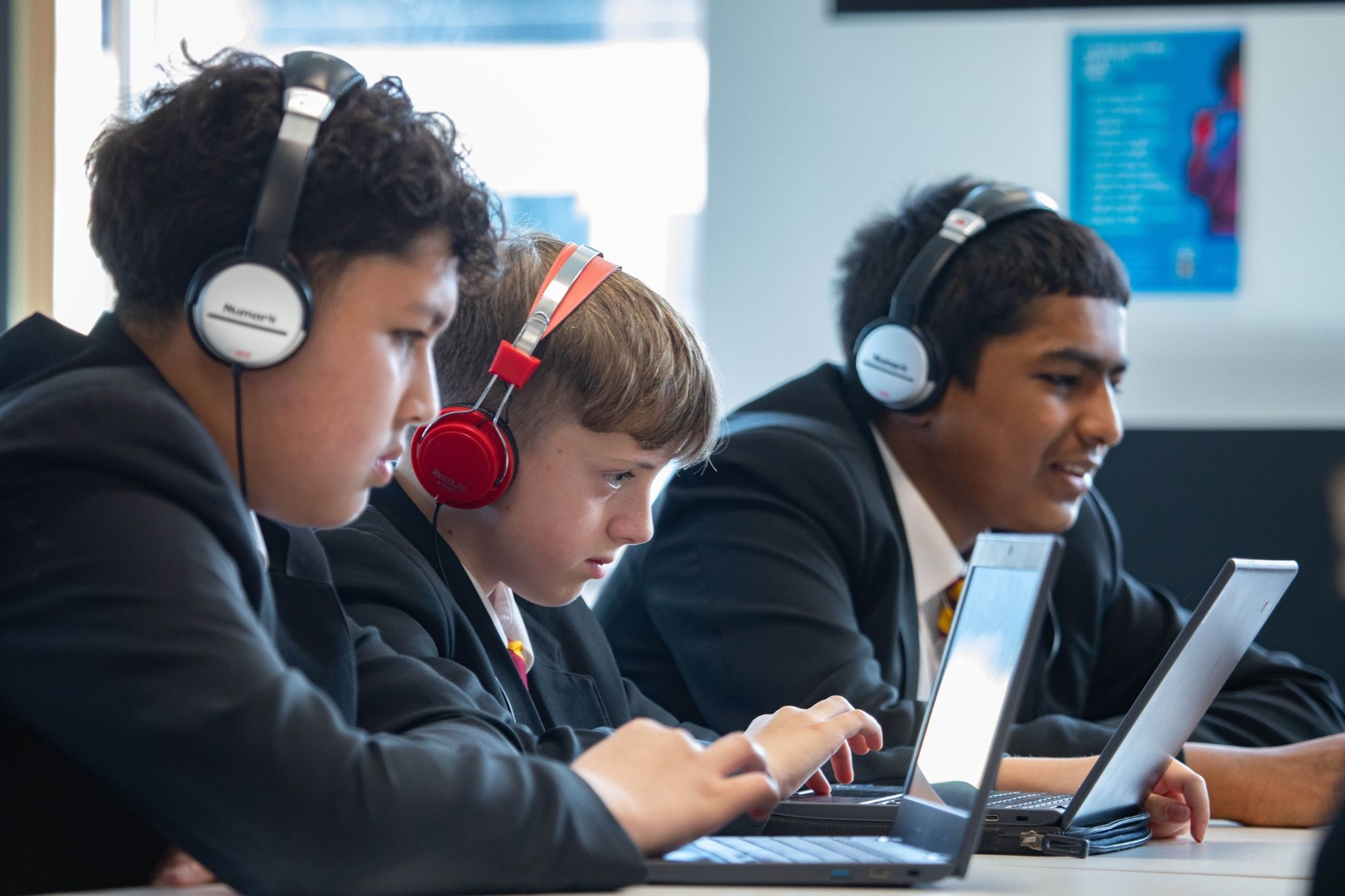History - Key Stage 5
Students who choose to study History at key stage 5 follow the AQA History A level course.
Our history specialists share the delivery of A level content and are passionate about the topics they cover. All have the depth of knowledge required to teach the courses effectively, and we consistently have very good feedback from our students.
We provide engaging and challenging lessons and home learning to support our A level students through their Year 12 and 13 journeys, ensuring they continue to make excellent progress during this challenge.
The A level consists of two examined units, one British history, and the second international history. Both are studied concurrently throughout the two-year course.
The British unit is entitled The Tudors: England, 1485-1603.
- This unit allows students to study change, continuity, cause and consequence in Britain at a time of great change and turmoil. Students will investigate issues based on power and politics, such as how effectively the Tudors restored and developed the powers of the monarchy, and how effectively England was governed during this period.
- The continuing question of the succession is also studied. Social history is present in this unit and other domestic themes include changes in the economy and society, the effects of these changes, developments in intellectual and religious ideas and the role of key individuals and groups both in power and outside the political sphere.
- Finally, students will learn about the changing relations with foreign powers, specifically France and Spain, including events such as the Spanish Armada.
The international unit is The Cold War, c1945–1991.
- This unit allows students to study the evolving course of international relations during an era of tension between communist and capitalist powers which threatened nuclear Armageddon in depth.
- It explores concepts such as communism and anti-communism, aggression and détente and encourages students to reflect on the power of modern military technology, what hastens confrontation and what forces promote peace in the modern world.
- The course covers events and issues in Europe, Asia and the Americas, such as the origins of the conflict, the Cuban Missile Crisis, the Vietnam War and the collapse of communism in Europe at the end of the 1980s.
Additionally, in the summer of Year 12 into the autumn of Year 13, students will complete a piece of coursework on South Africa 1887–1990.
- This unit will involve the study of South Africa with a focus on why the Apartheid system ended.
- Students will learn about the role of Nelson Mandela and analyse this alongside other factors (both internal and external) which contributed to the dramatic events of 1990.
Assessment:
- Examination - both examined units are each worth 40% of the final grade. The examinations are sat at the end of the course and are 2 hours 30 minutes long with one source question and two essay questions.
- Historical Investigation - the completion of a piece of coursework which should be 3500–4500 words long based on South Africa 1887–1990, worth 20% of the final grade.
Employers and universities have a strong respect for history as a qualification because they appreciate the demands of the subject, and they are confident students will have acquired valuable transferable skills as well as knowledge and understanding of the past. These include, but are not limited to, understanding of the world and society we live in; efficiency in oral and written presentation skills; detailed research skills; proficient interview skills and techniques; proper and accurate record keeping skills; critical thinking skills; strong communications skills.
History is frequently a qualification which provides a route into careers such as law, journalism, management, personnel work, public relations, the Civil Service, the Police, teaching, and many other fields.
Curriculum Implementation
Click here to view the curriculum implementation overview for History at key stage 5.
Curriculum Timelines
Curriculum Learning Journey
Click here to view the learning journey for History at key stage 5.
Click here to return to the History page.
